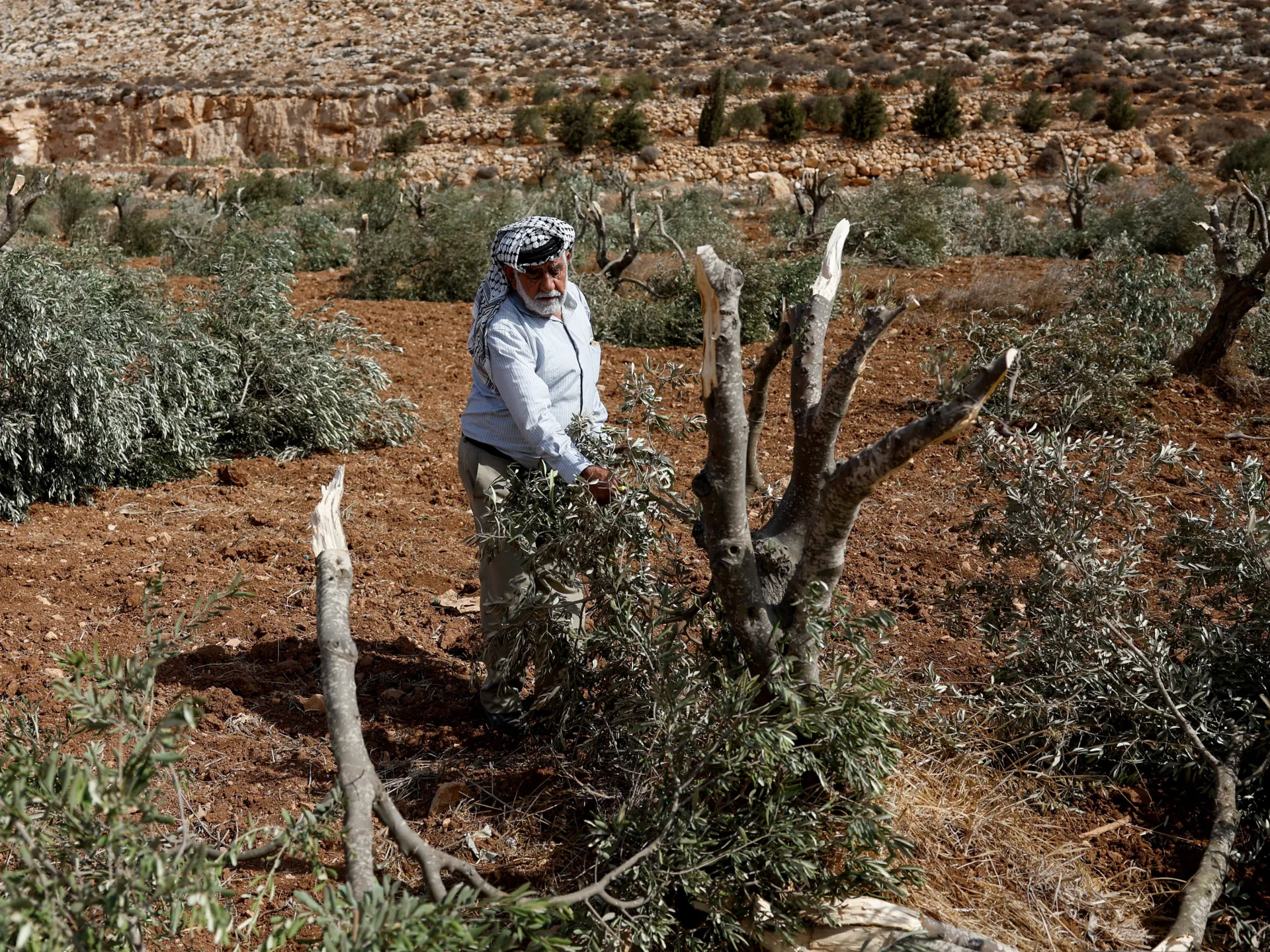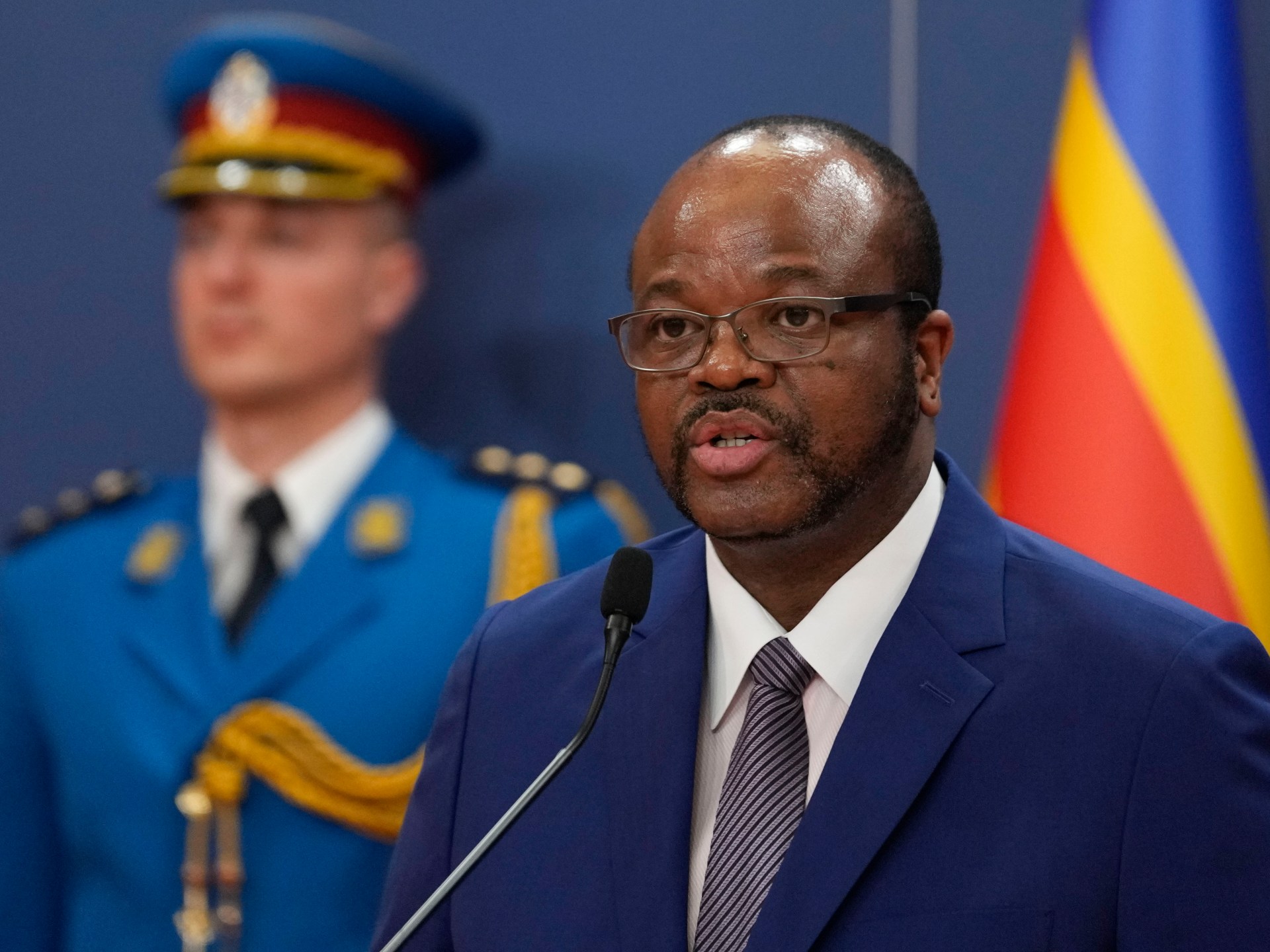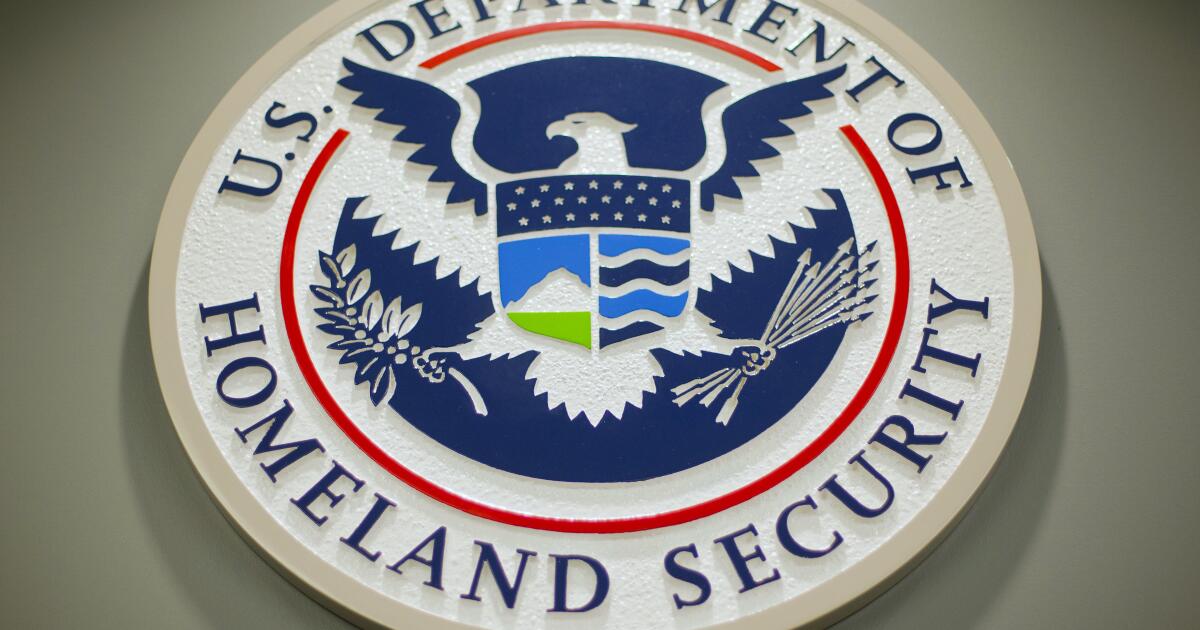Israel deports 32 activists aiding Palestinian olive farmers amid attacks | News
Israeli army and settlers have carried out 158 attacks against olive pickers since the start of the current season
Israel has ordered the deportation of 32 foreign activists supporting olive-harvesting Palestinian farmers amid mounting Israeli army and settler attacks in the occupied West Bank two weeks into the harvesting season.
Israeli news outlet Israel Hayom reported that the activists were arrested last week near the town of Burin, in the Nablus Governorate, as they protested an Israeli general order stating that only those working on the harvest are allowed on the land during the harvesting period.
Recommended Stories
list of 3 itemsend of list
Israeli army and settlers have carried out 158 attacks against olive pickers since the start of the current season, according to the Colonization and Wall Resistance Commission.
The assaults included a range of violations, including beatings, mass arrests and shootings. At least 74 attacks targeted olive-growing lands, including 29 cases where trees and farmland were cut, bulldozed or uprooted. A total of 765 olive trees were destroyed.
The UN and rights groups have said Palestinian farmers face a heightened risk while gathering olives.
“Settler violence has skyrocketed in scale and frequency,” Ajith Sunghay, the head of the UN Human Rights Office in the Palestinian territory, said in a statement on Tuesday.
“Two weeks into the start of the 2025 harvest, we have already seen severe attacks by armed settlers against Palestinian men, women, children and foreign solidarity activists.”
The UN estimates that 80,000 to 100,000 Palestinian families rely on the olive harvest for their livelihoods, Sunghay said.
On Wednesday, a statement by Interior Minister Yariv Levin and National Security Minister Itamar Ben-Gvir stated that the activists would be deported over their alleged affiliation with the Union of Agricultural Work Committees (UAWC).
A 99-year entry ban was imposed on the activists, the statement said, without specifying their identities, nationalities or where they would be deported to.
Settler violence against Palestinians has worsened since the start of the war in Gaza.
More than 1,000 Palestinians have been killed by Israeli forces or settlers since October 7, 2023, in the occupied West Bank, according to the United Nations, and thousands of Palestinians were forcibly displaced due to Israeli settler attacks, movement restrictions and home demolitions.
The UN says the first half of 2025 has seen 757 settler attacks causing casualties or property damage – a 13 percent increase compared with the same period last year.
On Sunday, a settler attack in the town of Turmus Aya was captured on camera and showed Israeli settlers descending on Palestinian olive harvesters and activists and beating them with clubs. One woman was taken to the hospital with serious injuries.
At least 36 people, including journalists, were injured earlier this month when settlers attacked Palestinian farmers harvesting olives in the Jabal Qamas area of Beita, beating them and setting fire to three vehicles.
More than 700,000 settlers live in 150 settlements and 128 outposts – both illegal under international law – dotting the West Bank and East Jerusalem. Settlers are often armed and frequently accompanied or protected by Israeli soldiers.
In addition to destroying Palestinian property, they have carried out arson attacks and killed Palestinian residents.






